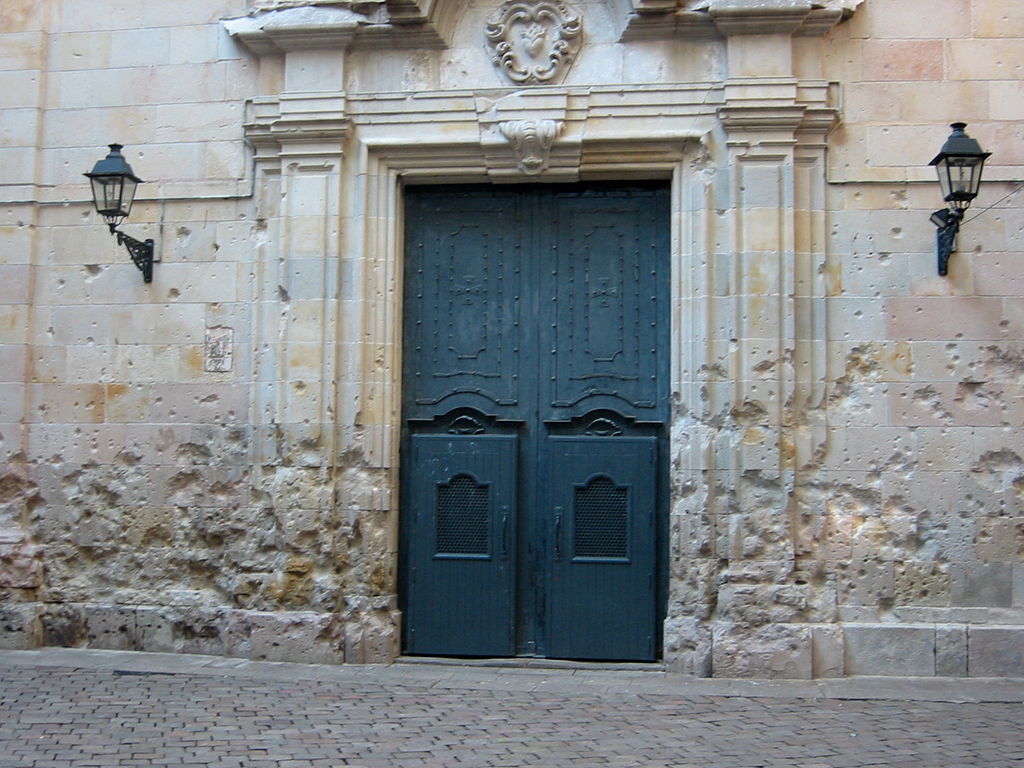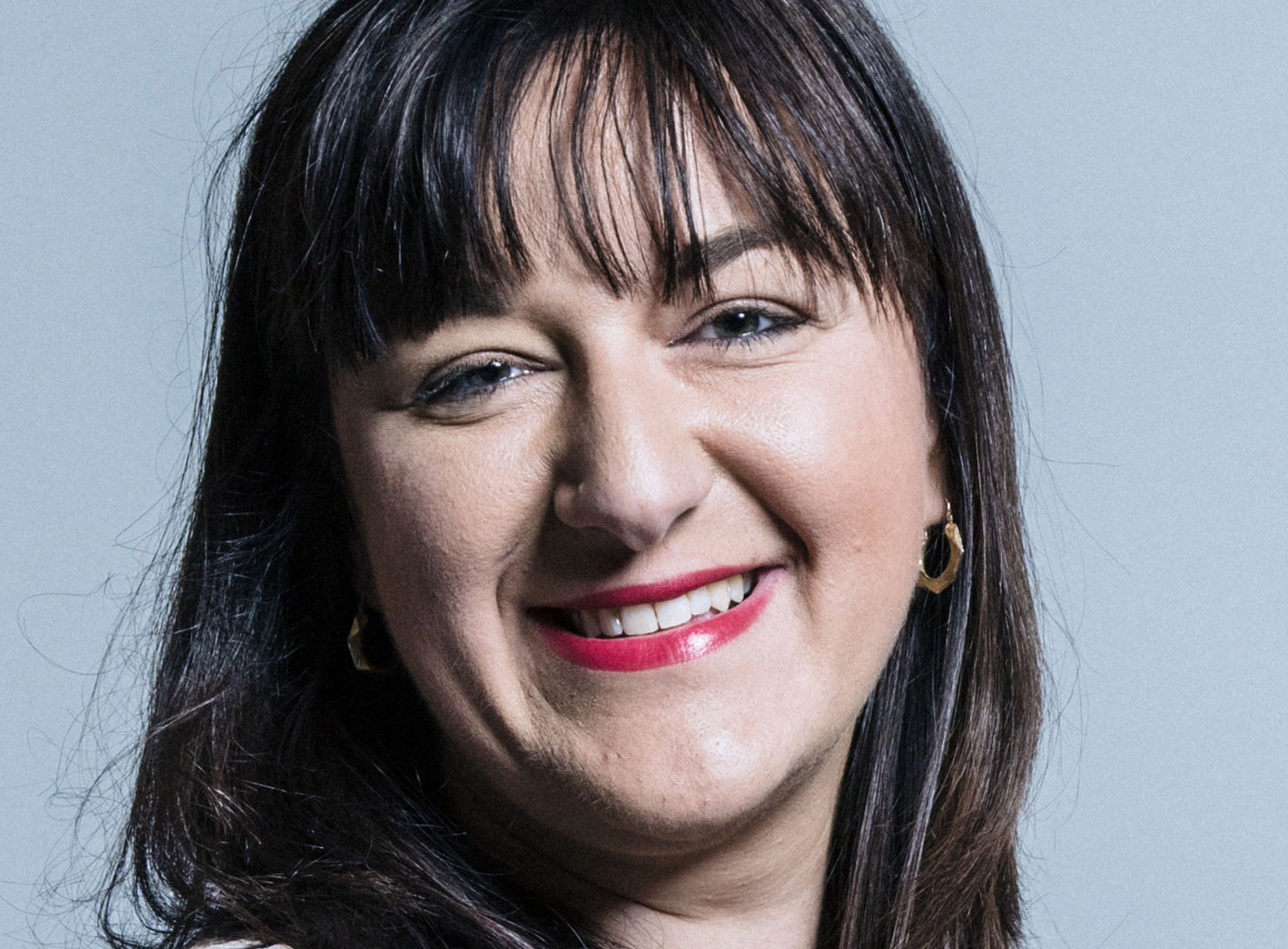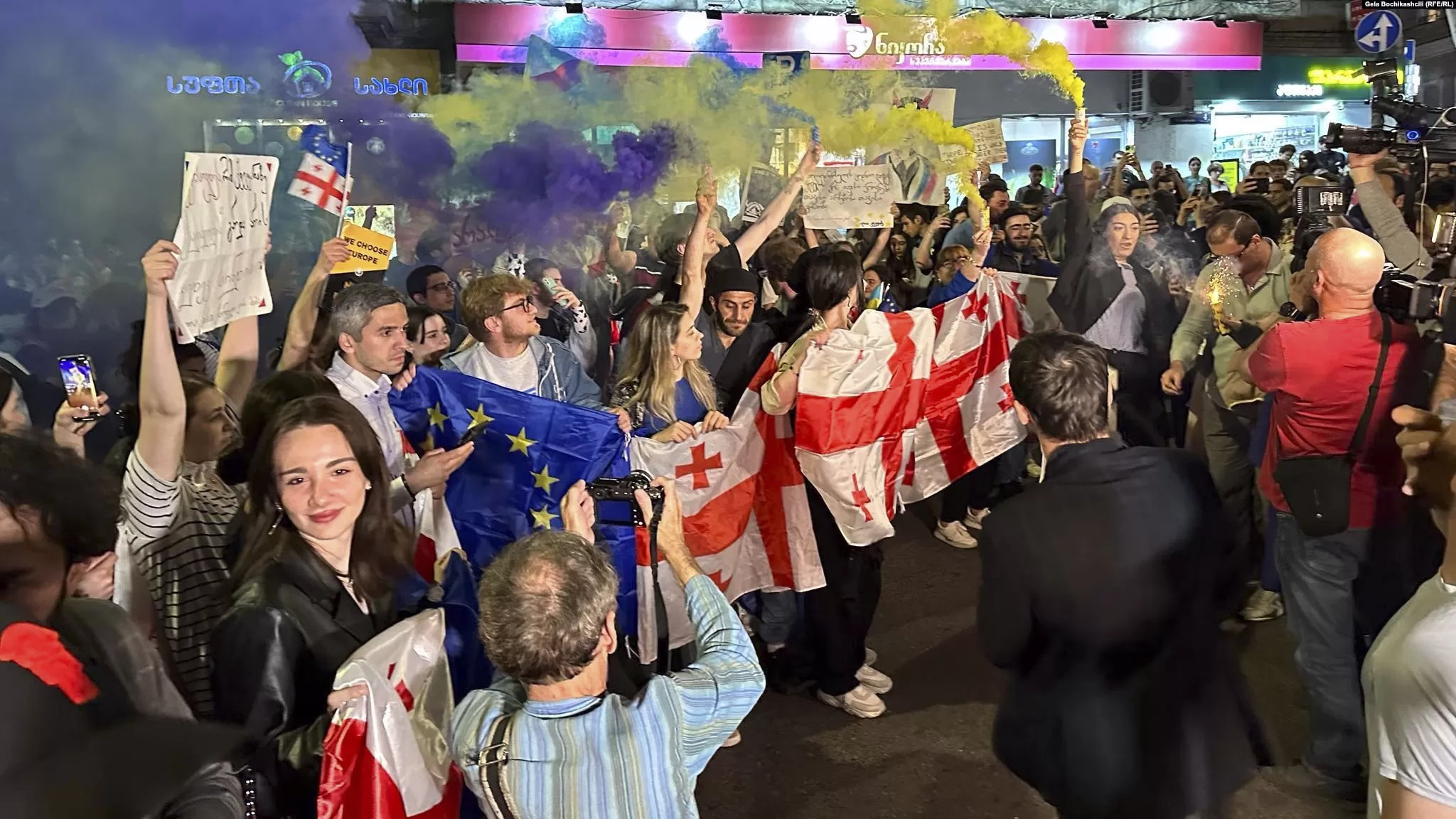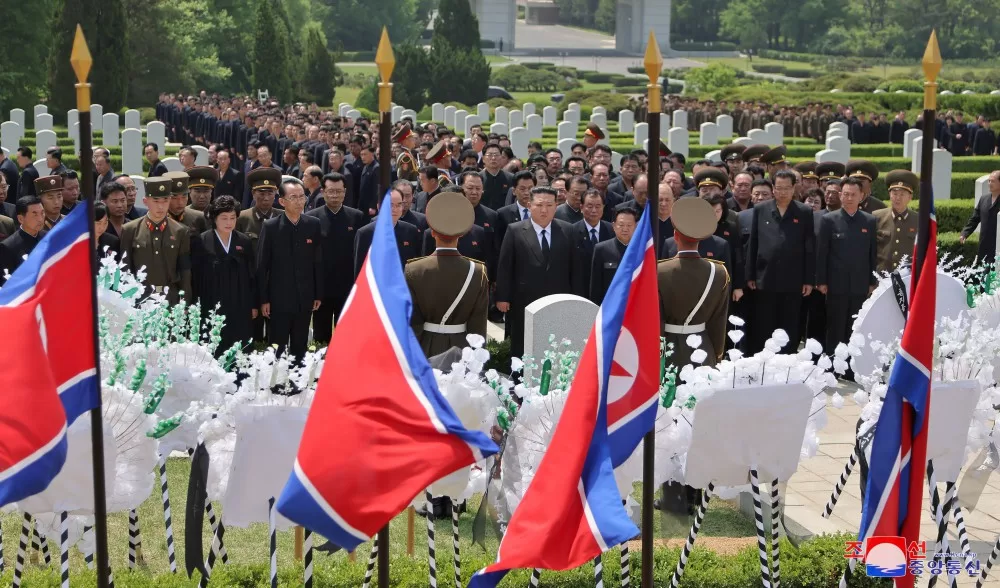On the hottest day of the year, the professional team at Index was due to have an in-person brainstorming session about what might come our way next and what we needed to be prepared for. Our away day quickly became a virtual session with everyone melting in the heat.
In the midst of the conversation, one of my brilliant team members described one part of her work, that on SLAPPs (strategic lawsuits against public participation), as challenging reputation laundering. While that’s exactly what she’s been doing, I haven’t been able to move on from that phrase.
As unimpeded access to information becomes the norm in democracies in the 21st century, it might be easy to assume that rewriting history to agree with your own world view would be almost impossible. It feels, however, increasingly naive to believe that immediate access to this sheer volume of news and information is actually protecting truth. We face misinformation and propaganda campaigns at a state actor level, single issue activists, the misuse of libel laws and the increasing use of SLAPPs, as well as outright lies by bad faith actors, making it difficult to determine the reality of a situation.
This is compounded when people are ashamed of their history or don’t have the tools to talk about it.
Which brings me to my holiday last week. I had a wonderful break in Barcelona with my partner, doing all the tourist stuff you do on a city break. But by the third day, it became clear that there was one thing that no one was talking about – the Spanish Civil War. The Barcelona picture book in our room didn’t mention it. The plaques around the city missed out great swathes of Barcelona’s history from 1936 until the mid 1970s. The civil war wasn’t even touched upon at the Maritime Museum or either of the two cathedrals we visited, which were sites of some of the revolts. And the city open-top bus tour (the ultimate tourist experience) mentioned neither Franco nor the fact that the city had been the site of some of the most violent clashes in the civil war. In fact, it didn’t even mention the civil war.
Our response was to read more and to join the Walking Museum of the Spanish Civil War in Barcelona (which was brilliant). But the more we read and the more we walked, the more I couldn’t move on. As we ate on La Ramblas, I watched tourists from around the world having an amazing time, but I wondered how many of them knew its history. In 1936, this was the site of a street battle where people were killed feet from where we now sat because they were adamantly fighting for democracy and freedom. When we walked past the Moka coffee shop, I wondered how many people eating a pastry realised that George Orwell had taken refuge there. And when we went to the anarchist bookshop (obviously required shopping on holiday), I wondered how many people walking past realised that its former staff led the fight against Franco’s fascists in the city.
After the fall of Franco, the Spanish decided that it was too difficult and too divisive to engage in a peace and reconciliation process. Instead, most political parties agreed to draw a line in the sand and move on, ignoring their immediate past. My experiences last week suggest that at least for corporate Spain that remains true, but the political reality for Spaniards is apparently now a little different. The whereabouts are still unknown of 114,000 people who disappeared under Franco’s regime, and their grandchildren want to know what happened to them. Now, there is a growing memory movement. Because political leaders failed to agree on an established factual version of Franco’s regime, there are now increasing tensions between the political left and the right as to what really happened, with revisionism and denialism an increasing theme in mainstream Spanish politics.
What I witnessed in Barcelona was not only an example of attempted reputation laundering – it was an effort to run from a country’s past, which I truly believe is impossible. But that’s only impossible because of us – the rest of us. We have to study and understand atrocities from the past and make sure that the truth will out. It is our ultimate responsibility as people who campaign to protect freedom of expression.






